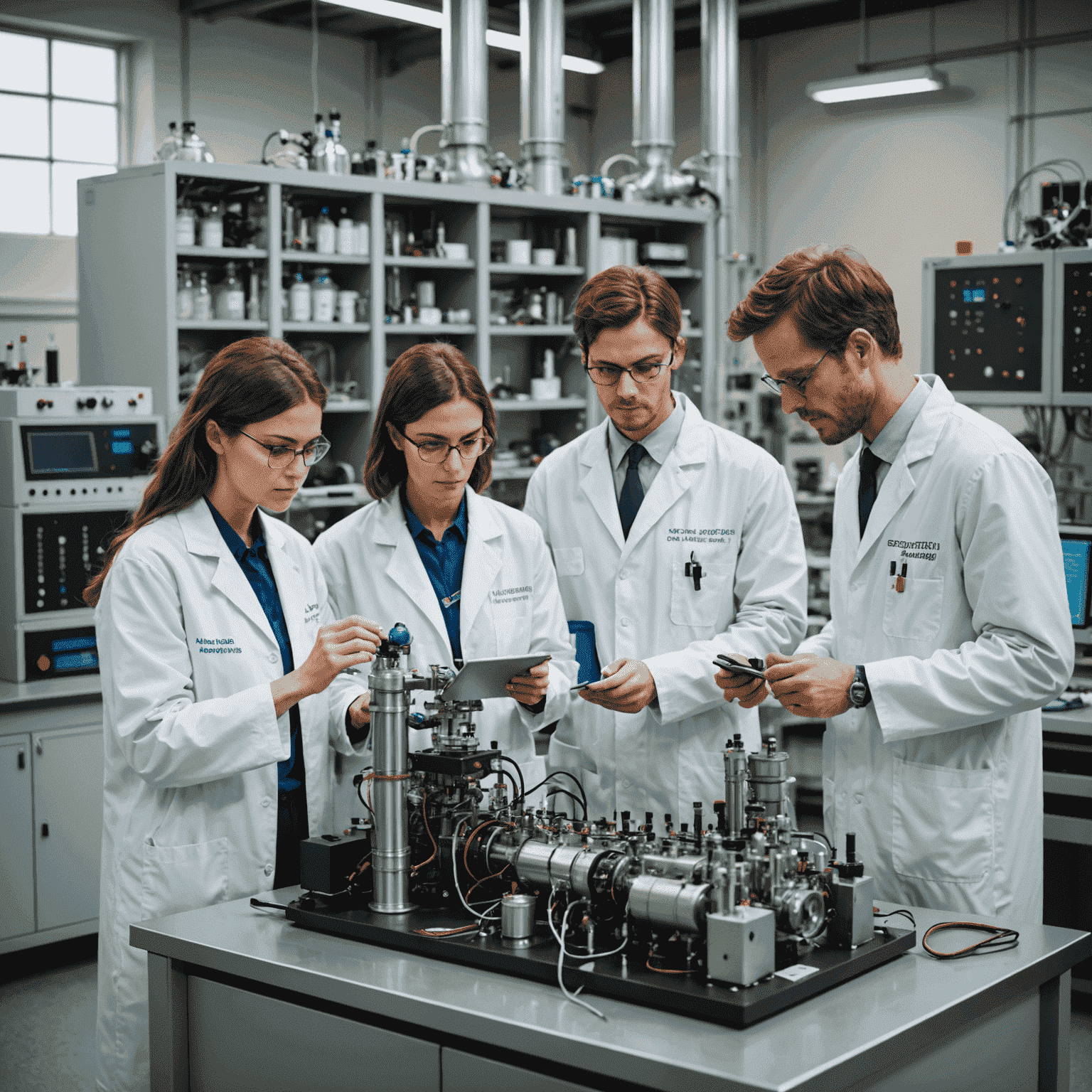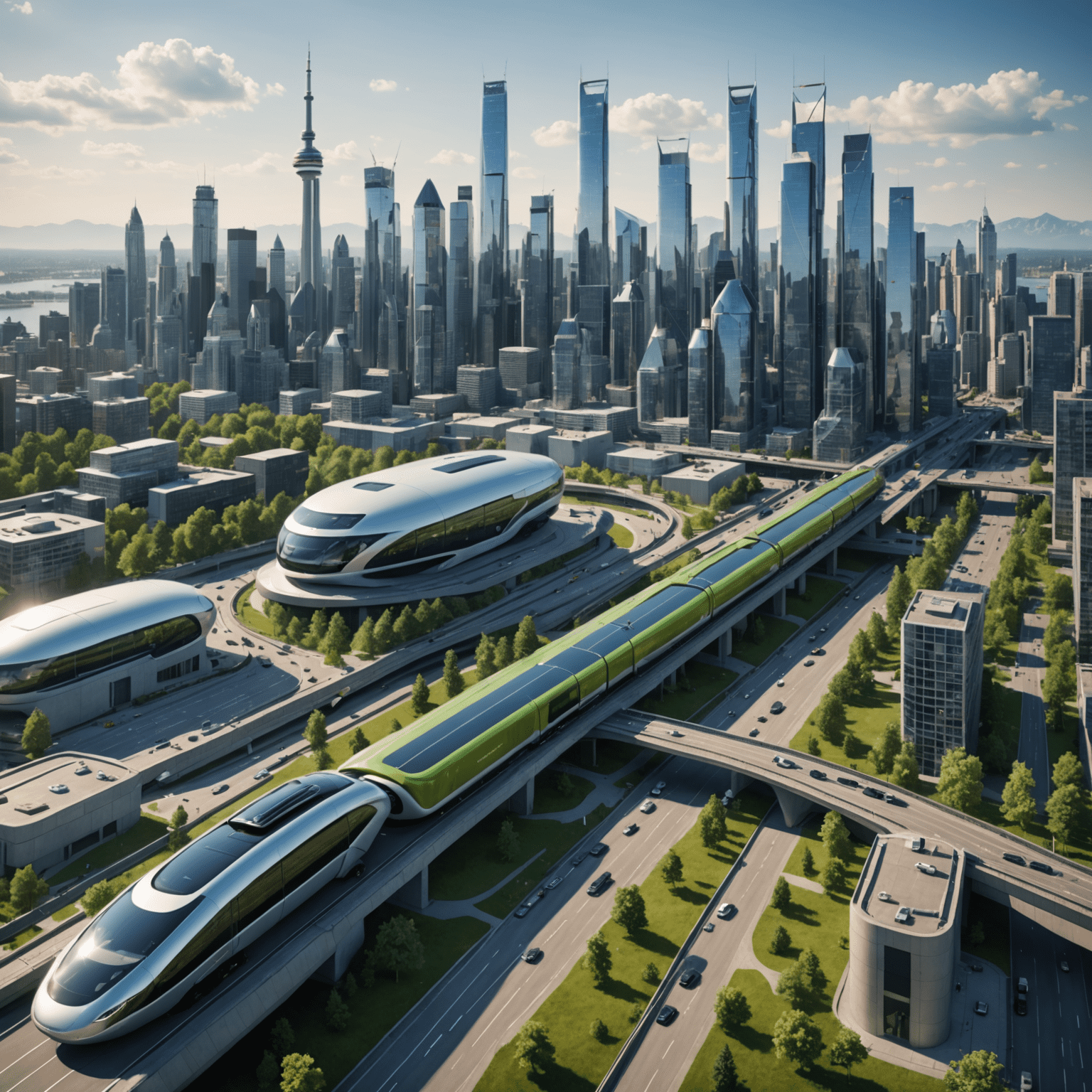Canadian Innovations in Fuel System Simulation

Recent advancements in fuel system simulation technology from Canadian institutions and companies are revolutionizing the way we approach energy efficiency and environmental sustainability in the automotive and aerospace industries.
Cutting-Edge Computer Models
Canadian researchers at the University of Toronto have developed a groundbreaking computer simulation that models fuel flow with unprecedented accuracy. This innovative approach combines fluid dynamics with machine learning algorithms to predict fuel behavior under various conditions.
Physical Prototyping Breakthroughs
Meanwhile, engineers at Bombardier's Montreal facility have created a state-of-the-art physical model for aircraft fuel systems. This scaled-down replica allows for real-time testing of fuel distribution and consumption, significantly reducing development time and costs.

Environmental Impact
The simulations developed by Canadian experts are not just about efficiency; they're also driving environmental progress. These models allow for the testing of alternative fuels and more eco-friendly system designs without the need for extensive real-world trials.
Industry Collaboration
A consortium of Canadian universities and tech companies, including the University of British Columbia and Fuel Systems Inc., has formed to further advance these simulation technologies. Their collaborative efforts focus on creating a unified platform for fuel system modeling that can be used across various industries.
Future Prospects
As these Canadian innovations continue to evolve, they promise to reshape the landscape of fuel system design and testing. The potential applications extend beyond traditional transportation, with possibilities in renewable energy storage and distribution systems on the horizon.

These advancements in fuel system simulation underscore Canada's commitment to leading the charge in sustainable technology development. As we look to the future, it's clear that these innovative computer and physical models will play a crucial role in shaping more efficient and environmentally friendly fuel systems across the globe.